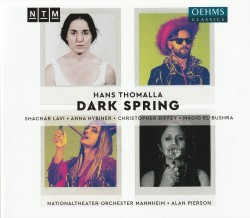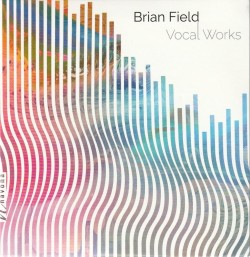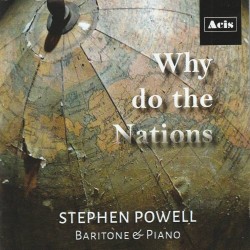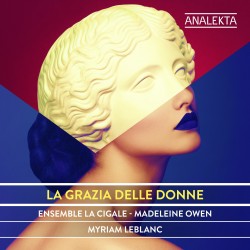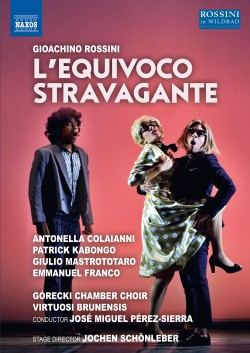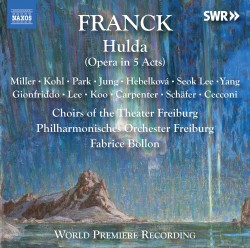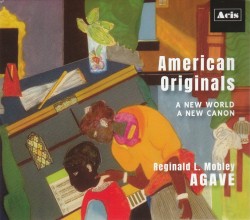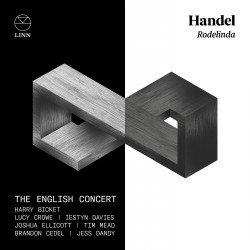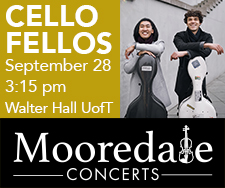Patrick Cassidy: The Mass - Laude; David Harris; Christoph Bull
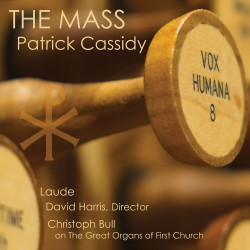 Patrick Cassidy – The Mass
Patrick Cassidy – The Mass
Laude; David Harris; Christoph Bull
Supertrain Records (supertrainrecords.com)
The Catholic Mass is one of the most frequently set texts in the history of music, encompassing works ranging from the 14th century to modern times. Whether Palestrina’s marvellous Missa Papae Marcelli or Beethoven’s grandiose Missa Solemnis, performances and recordings of these masterpieces bear testament to the inspirational power of these ancient rites and texts.
Unique among the plethora of recordings of the Mass, however, is this documentation of Patrick Cassidy’s The Mass, originally composed for choir and orchestra and later adapted for choir and organ. Growing from the challenges of quarantine, it is perhaps among the first major works in history to be recorded virtually, with each member of the choral group singing their individual part in isolation. Anyone who has worked on a virtual choir project is aware of how involved, tedious and time-consuming such a task can be, especially when the result is intended to be a release-worthy recording, and the excellence attained in this instance cannot be overstated.
Cassidy’s writing is stunningly beautiful and primarily uses a late-Romantic idiom, with luscious harmonies and gorgeous melodies that are both profound and sublime. The singers, despite their isolation, blend with a precision and clarity that is, in a word, unbelievable, while Christoph Bull, organist-in-residence at the First Congregational Church of Lost Angeles – which houses one of the world’s largest pipe organs – is in fine form, making that single instrument sound as varied and convincing as an entire orchestra.
If the above review sounds almost too good to be true, that is because this recording is as well. This project demonstrates the human potential to persevere, and the spiritual capacity to grow together and bring to light beauty in isolation, regardless of external factors and influences. It is highly recommended to anyone whose spirit needs uplifting, or who simply wants to bathe in the glorious sounds of Cassidy’s Mass.


